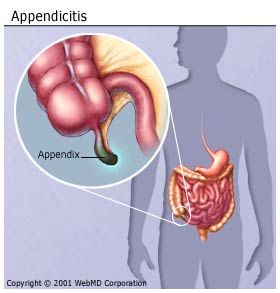Passage tells you E.coli inhabits colon and patient then get appendicitis.
What are you supposed to understand to answer this question?
16.) The patient's ruptured appendix required treatment with antibiotics because he had a bacterial infection caused by
A. M. tuberculosis ---NO
B. E.coli entering the colon from the appendix.
C. E. coli entering the abdominal cavity from the appendix
D. E.colid entering the appendix from the colon.
About D. How did you know that this described the normal conditions?!
What are you supposed to understand to answer this question?
16.) The patient's ruptured appendix required treatment with antibiotics because he had a bacterial infection caused by
A. M. tuberculosis ---NO
B. E.coli entering the colon from the appendix.
C. E. coli entering the abdominal cavity from the appendix
D. E.colid entering the appendix from the colon.
About D. How did you know that this described the normal conditions?!
Last edited:

